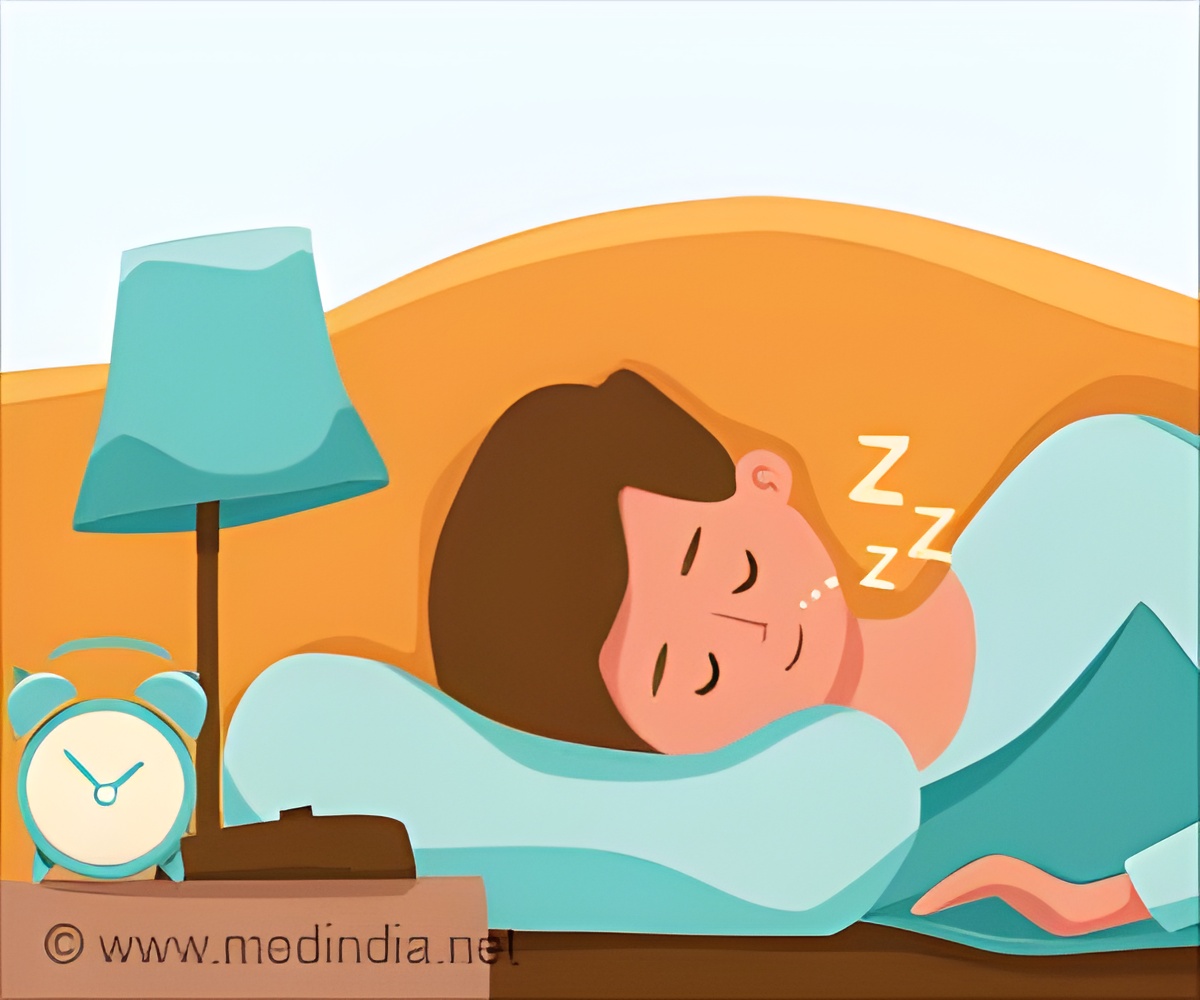Sleepiness favors habits: Strong New Year resolutions help you stay on track even when energy dips.

Do people rely more on habits when sleepy? An ecological momentary assessment study
Go to source).
When Sleepiness Depletes Willpower
"When our ability to control what we do is depleted by sleepiness, we tend to act more on ‘autopilot,’ with minimal forethought,” says Amanda Rebar, associate professor of health promotion education and behavior and director of the Motivation and Health Behavior Lab at USC’s Arnold School of Public Health. “Our study shows this definitively: people were more likely to act habitually when they reported feeling sleepy. While this can result in higher levels of good habits, it can also lead individuals to fall back on bad habits.”‘New Year's Resolution Tip: Prioritize #sleep. Enough sleep boosts alertness & willpower, crucial for sticking to your goals. #NewYearsResolution #2025’





Following more than 100 individuals over the course of a week, the authors compared sleepiness levels and habits both between and within participants (i.e., comparing them to each other and to themselves at different points through the week). When comparing individuals, they found that the sleepier participants were neither more nor less likely to act habitually. However, they observed that when people were sleepier than what was typical for them, they were more likely to engage in habitual behaviors. Nearly a quarter of Americans report high levels of daytime sleepiness – impacting alertness and making them more likely to fall asleep during typical waking hours. In addition to the discomfort of daytime sleepiness, this state impacts individuals’ ability to consciously regulate their behaviors.
“Acting in line with our preferences requires willful determination,” Rebar says. “Feeling sleepy diminishes our ability to exert that determination over other competing desires and temptations. That can lead us to act habitually, in a way that goes against our goals.”
These competing desires and temptations might include watching tv instead of exercising or eating comfort foods over healthier choices. Falling back on existing habits becomes more likely as sleepiness levels rise.
“When we’re trying to make positive changes to our behavior, feeling drowsy can put us at real risk of lapsing back into our old, unwanted bad habits,” says co-author Benjamin Gardner, director of the Habit Application and Theory group at the University of Surrey. “Lapsing can cause us to lose confidence in our ability to change and make us give up.”
Advertisement
- Do people rely more on habits when sleepy? An ecological momentary assessment study - (https://onlinelibrary.wiley.com/doi/10.1111/jsr.14421)
Source-Eurekalert












